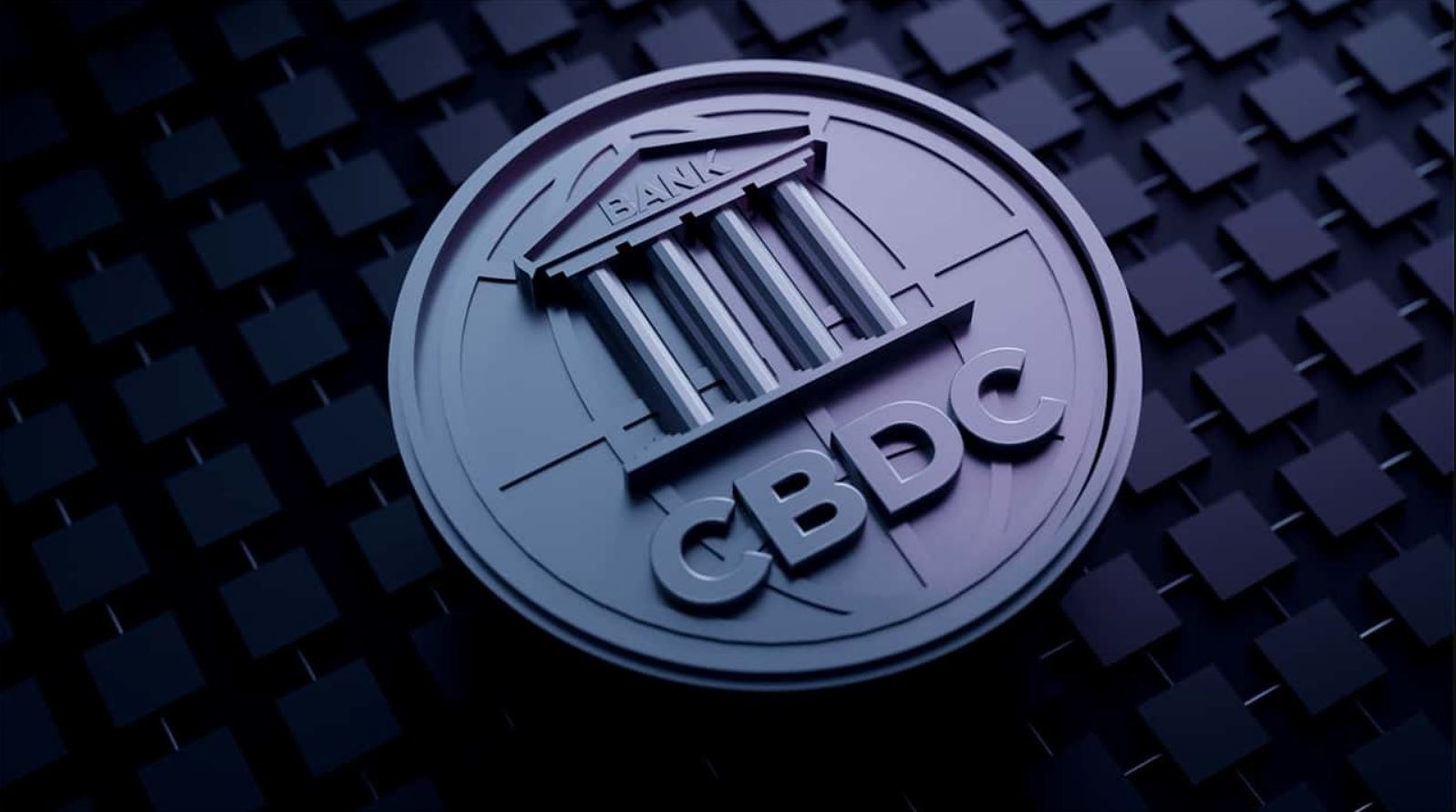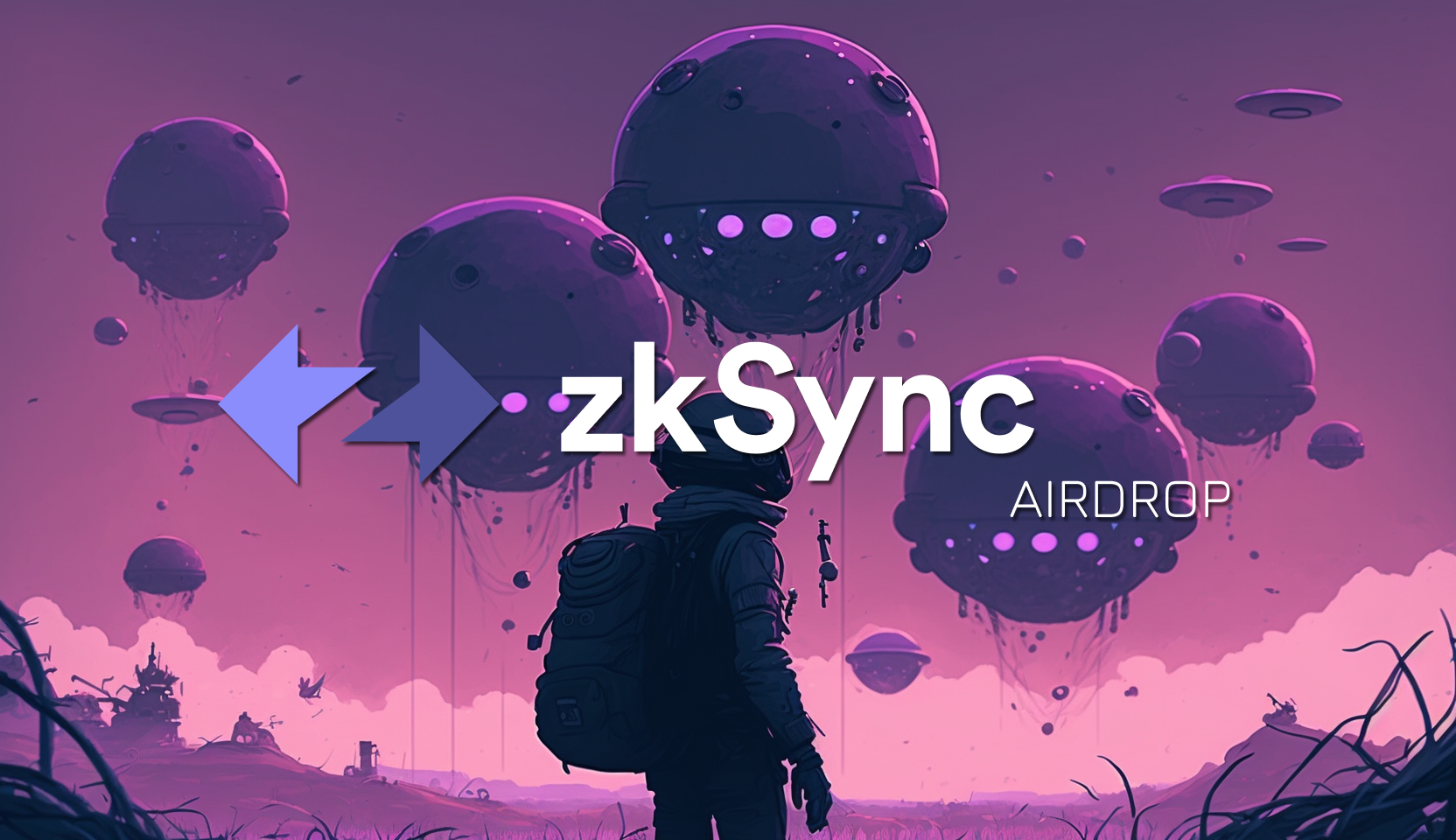|
Getting your Trinity Audio player ready...
|
The National Bank of Cambodia (NBC) is locked in a high-stakes battle against the deep-rooted dollarization of its economy. The weapon of choice? Bakong, the country’s central bank digital currency (CBDC).
Since Cambodia’s return to civilian rule, the U.S. dollar has been the de facto currency, dominating local transactions. While providing stability, this reliance left the economy vulnerable to external shocks and eroded the NBC’s control over monetary policy.
Enter Bakong. Launched in 2020, the CBDC has seen impressive adoption, with riel payments surging over 50%. The NBC boasts 10 million active wallets in a population of 17 million. However, the initial growth spurt is showing signs of slowing. While new user acquisition has tapered off, transaction volumes have skyrocketed, suggesting a shift towards enterprise and institutional usage.
To reignite growth, the NBC is exploring new frontiers for Bakong. Cross-border transactions are a priority, with partnerships forged with neighboring countries and ambitious plans for wider regional cooperation. Lower transaction fees and enhanced CBDC functionalities are also on the agenda.
But the road to a digital economy is fraught with challenges. Critics warn that the increasing adoption of digital assets and dollar-pegged stablecoins could intensify dollarization. The rise of stablecoins like Tether has raised concerns about their role in illicit activities, such as the notorious pig-butchering scams.
The NBC faces a delicate balancing act. While Bakong has made strides in reducing dollar dominance, the broader digital landscape, including the allure of stablecoins, threatens to undermine these gains. As Cambodia navigates this complex terrain, the world will be watching to see if Bakong can truly deliver on its promise of a riel-centric economy.
Disclaimer: The information in this article is for general purposes only and does not constitute financial advice. The author’s views are personal and may not reflect the views of Chain Affairs. Before making any investment decisions, you should always conduct your own research. Chain Affairs is not responsible for any financial losses.
A lifelong learner with a thirst for knowledge, I am constantly seeking to understand the intricacies of the crypto world. Through my writing, I aim to share my insights and perspectives on the latest developments in the industry. I believe that crypto has the potential to create a more inclusive and equitable financial system, and I am committed to using my writing to promote its positive impact on the world.




